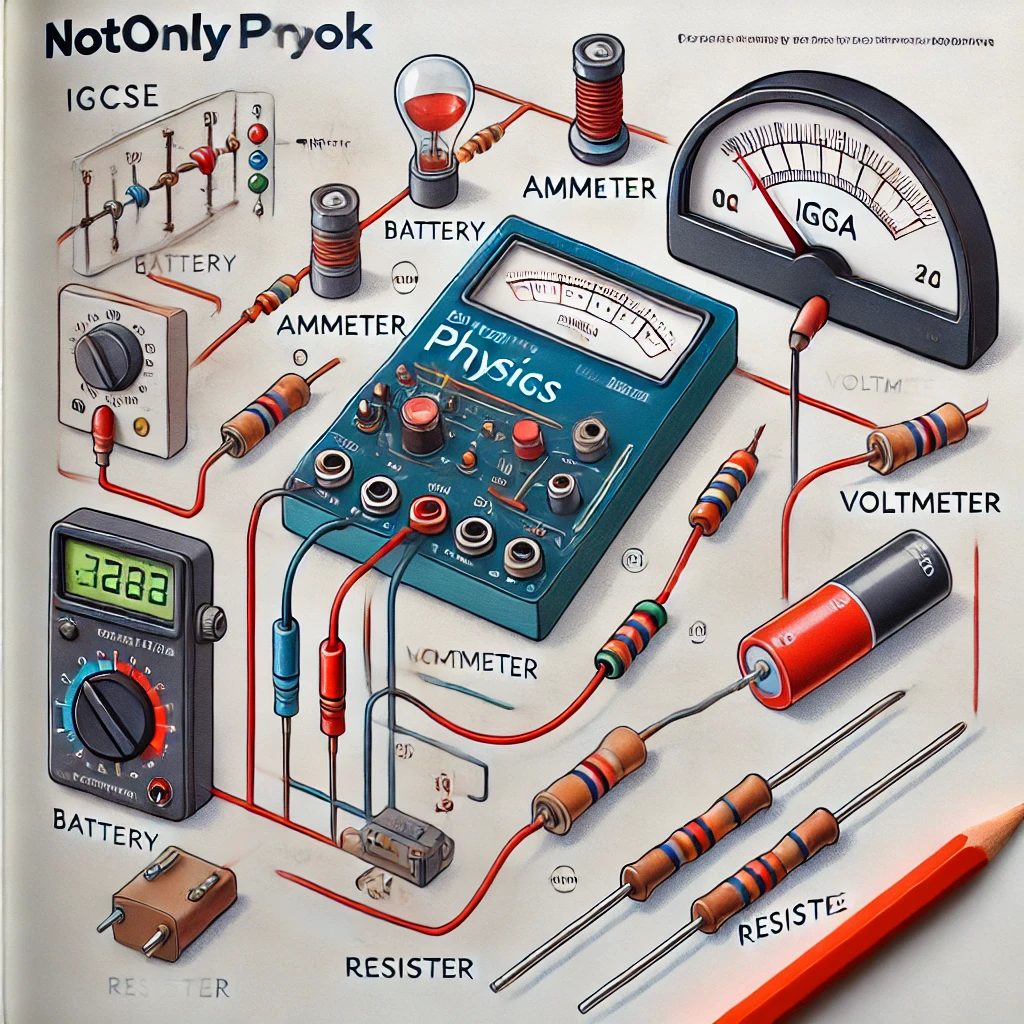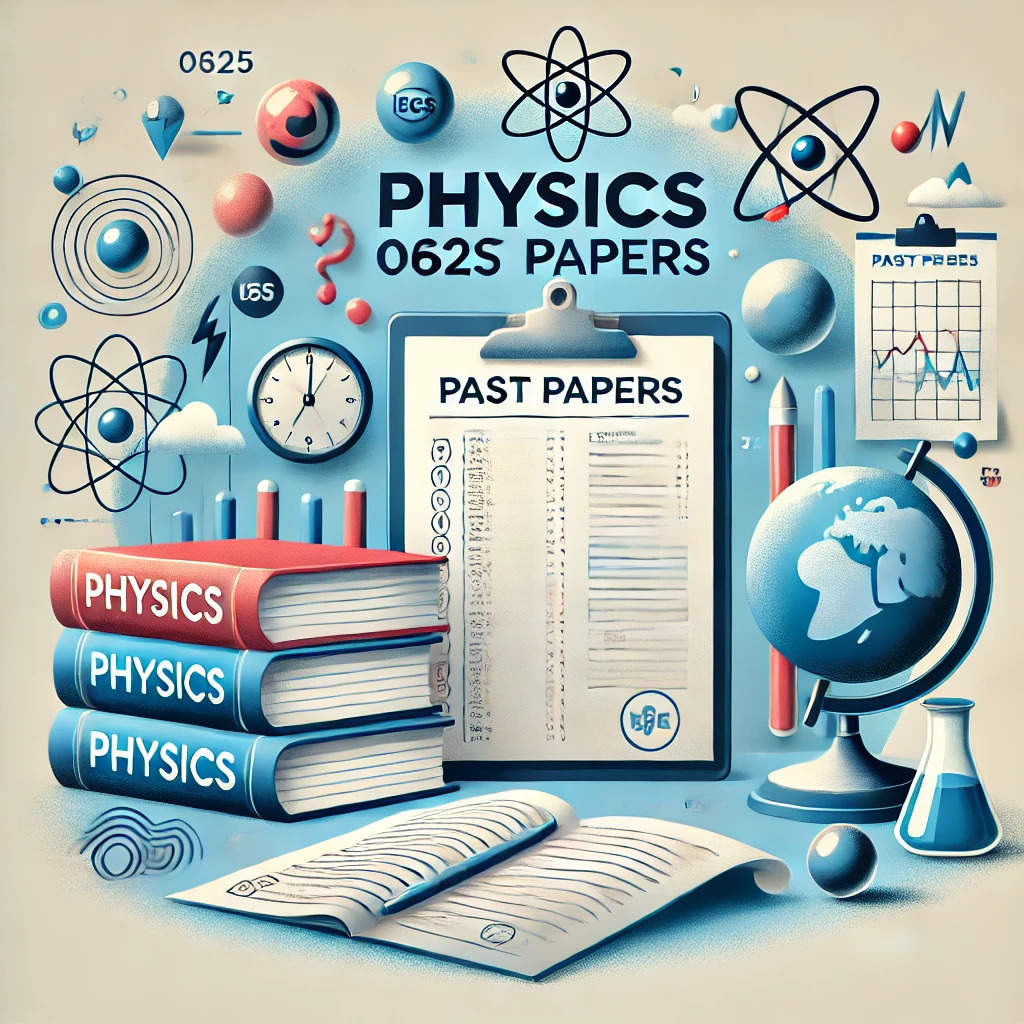## Introduction: Moving Beyond Passive Studying
The International General Certificate of Secondary Education (IGCSE) is a challenging yet rewarding qualification. Achieving top grades, particularly the coveted A*, requires more than just long hours of passive reading. It demands a strategic, evidence-based approach to learning. This article, written by experienced IGCSE educators, moves beyond generic advice to provide **actionable, high-impact study strategies** designed to maximize your efficiency and performance.
Our focus is on implementing techniques that build **deep understanding** and **long-term retention**, directly addressing the need for **Expertise, Experience, Authoritativeness, and Trustworthiness (E-E-A-T)** in your study resources.
## 1. The Cornerstone of Success: Active Recall and Spaced Repetition
The most common mistake students make is **passive revision**—simply re-reading notes or highlighting textbooks. Research consistently shows that this method is ineffective for long-term memory. The solution lies in two powerful, scientifically-backed techniques: **Active Recall** and **Spaced Repetition**.
### Active Recall: Testing Yourself is Learning
Active recall is the process of retrieving information from your memory without looking at your notes. It forces your brain to work harder, strengthening the neural pathways associated with that information.
| Technique | Description | IGCSE Application |
| :— | :— | :— |
| **Flashcards** | Use physical or digital flashcards (e.g., Anki) to test definitions, formulas, and key concepts. | Essential for subjects like Biology (definitions), Chemistry (equations), and History (dates/terms). |
| **The “Blank Page” Method** | After studying a topic, close your book and write down everything you can remember on a blank page. | Ideal for summarizing entire




No comment